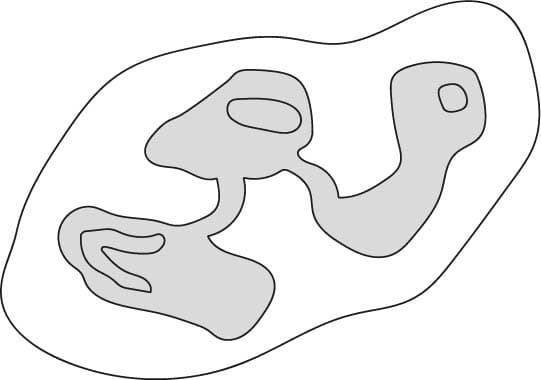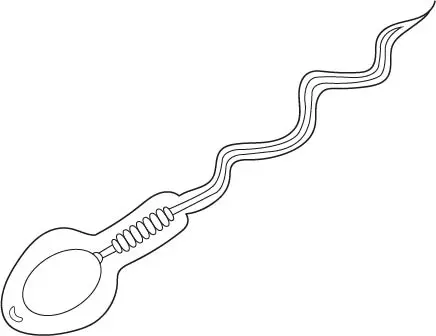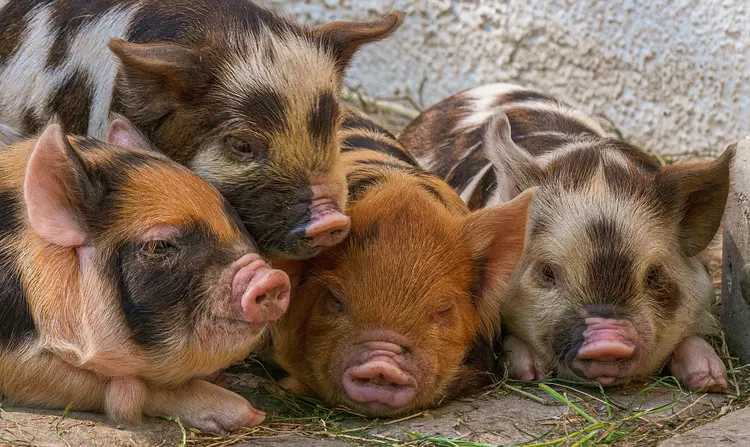Sexual and asexual reproduction
I can explain how sexual and asexual reproduction affect variation and evolution within populations of organisms.
Sexual and asexual reproduction
I can explain how sexual and asexual reproduction affect variation and evolution within populations of organisms.
These resources will be removed by end of Summer Term 2025.
Lesson details
Key learning points
- Sexual reproduction creates genetic variation in offspring by combining alleles from male and female gametes.
- Sexual reproduction occurs at a slower rate than asexual reproduction but creates variation which can lead to evolution.
- Asexual reproduction creates genetically identical offspring with no genetic variation.
- Asexual reproduction typically occurs at a much faster rate than sexual reproduction.
- Organisms that reproduce asexually can evolve if the environment or DNA copying errors cause changes in their genome.
Keywords
Evolution - The process in which the characteristics of species change over many generations, sometimes becoming new species.
Genetic variation - Differences between individuals that are caused by the genetic material they inherit.
Sexual reproduction - The process of creating offspring through the fusing of gametes.
Asexual reproduction - Reproduction involving one parent, giving genetically identical offspring.
Genome - All the genetic material of an organism.
Common misconception
Many students will hold the misconception that "complex" organisms (e.g. animals) use sexual reproduction and "simple" organisms (e.g. plants, microorganisms) use asexual reproduction to reproduce.
This lesson includes examples of plants and animals carrying out asexual and sexual reproduction.
To help you plan your year 11 biology lesson on: Sexual and asexual reproduction, download all teaching resources for free and adapt to suit your pupils' needs...
To help you plan your year 11 biology lesson on: Sexual and asexual reproduction, download all teaching resources for free and adapt to suit your pupils' needs.
The starter quiz will activate and check your pupils' prior knowledge, with versions available both with and without answers in PDF format.
We use learning cycles to break down learning into key concepts or ideas linked to the learning outcome. Each learning cycle features explanations with checks for understanding and practice tasks with feedback. All of this is found in our slide decks, ready for you to download and edit. The practice tasks are also available as printable worksheets and some lessons have additional materials with extra material you might need for teaching the lesson.
The assessment exit quiz will test your pupils' understanding of the key learning points.
Our video is a tool for planning, showing how other teachers might teach the lesson, offering helpful tips, modelled explanations and inspiration for your own delivery in the classroom. Plus, you can set it as homework or revision for pupils and keep their learning on track by sharing an online pupil version of this lesson.
Explore more key stage 4 biology lessons from the Variation and natural selection at the genetic level unit, dive into the full secondary biology curriculum, or learn more about lesson planning.

Equipment
None required.
Content guidance
- Depiction or discussion of sexual content
Supervision
Adult supervision required
Licence
Starter quiz
6 Questions







Exit quiz
6 Questions

produces genetic variation in offspring
produces offspring at a slower rate
produces offspring at a faster rate
produces no variation in offspring







